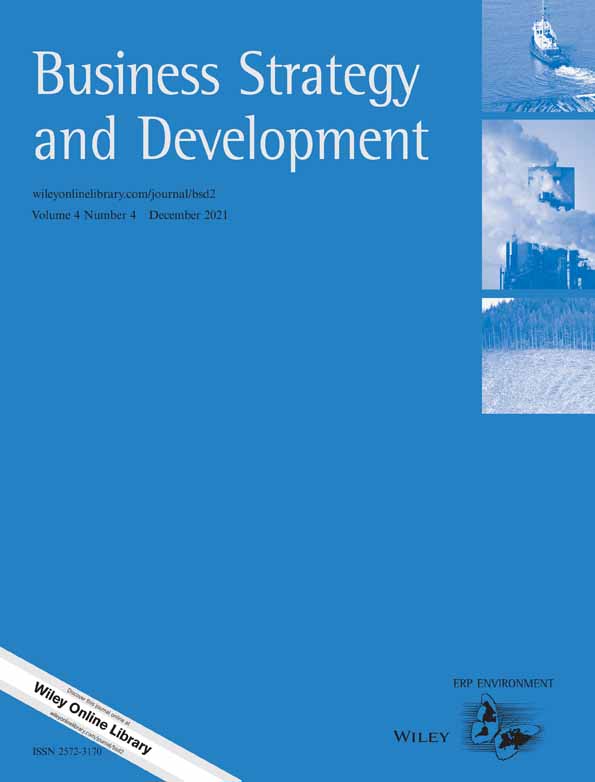Inclusive businesses (IBs) are promoted to alleviate poverty and contribute to sustainable development at the base of the pyramid (BOP). In the agri-food sector, there is limited evidence regarding what types of partnerships enhance IBs' value creation potential for low-income producers. This prevents policymakers from providing effective support to IBs and leveraging their full potential for sustainable development. To understand what types of partnerships are more effective for social value creation, this paper conducts a mixed-method analysis of 46 cases from Tanzania and Ghana. It finds that transactional partnerships create efficient IB networks that require limited external support. Such IBs, however, generally undertake business-as-usual activities. In contrast, IBs adopt more innovative business models when their partners are integrated in decision-making and strategic planning. Such IBs, however, often require tailored support to resolve their inter- and intra-organizational challenges. This paper suggests practical considerations for designing IB partnerships to maximize impact potential.
DOI:
https://doi.org/10.1002/bsd2.410
Pontuação Altmetric:
Dimensões Contagem de citações:

Ano de publicação
2024
Autores
Weng, X.; Pokorny, B.; Schoneveld, G.C.; Mutayoba, G.
Idioma
English
Palavras-chave
business, partnerships, value chain, agrifood, agribusiness, social value, supply chain
Geográfico
Tanzania, Ghana


















